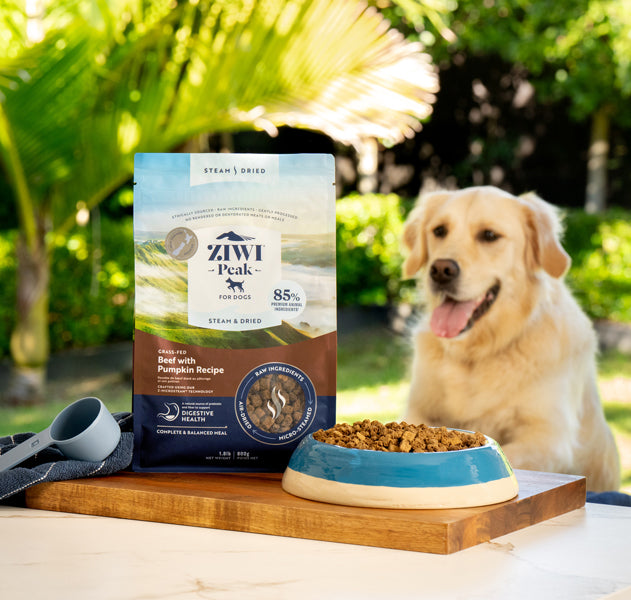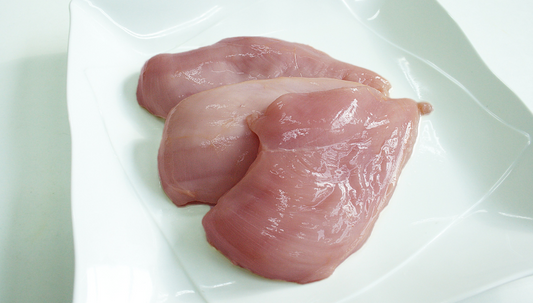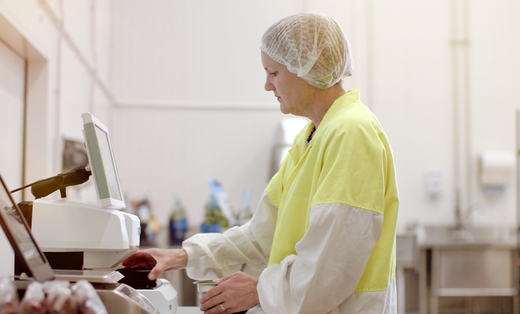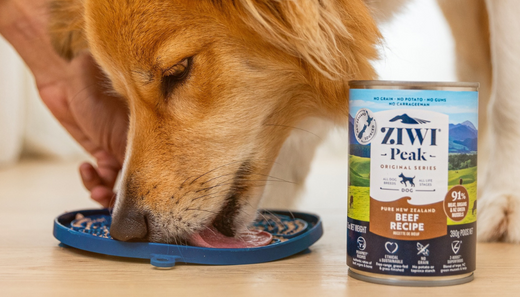
We all strive to provide the best care and nutrition for our beloved dogs. Ensuring that we are aware of which foods are safe and which are not is crucial for their health and well-being. One food that often raises questions is grapes.
While they might seem like a harmless snack, grapes and raisins can be extremely toxic to dogs. In this blog, we’ll explore the risks associated with grapes, how to keep your dog safe, and answer some frequently asked questions to help you make informed decisions.
Can dogs eat grapes?
Why are grapes toxic to dogs?
Grapes and raisins can cause severe reactions in dogs, leading to acute kidney failure. The exact substance in grapes that causes toxicity is still unknown, but even small amounts can be dangerous.
Symptoms of grape poisoning can develop quickly and may include vomiting, diarrhea, lethargy, abdominal pain, and decreased urine production.
How much is too much?
There is no determined safe amount of grapes or raisins for dogs. Toxicity can vary based on the dog's size, age, and individual sensitivity.
This means that even a single grape or raisin can potentially cause harm to some dogs. Therefore, it's best to avoid feeding grapes or raisins to your dog entirely.
Dogs and grapes, safety for owners
Prevention is key
1. Keep grapes out of reach: Ensure that grapes, raisins, and foods containing them are stored in places where your dog cannot access them. Be vigilant during gatherings or events where grapes might be served.
2. Educate your family and friends: Make sure everyone who interacts with your dog is aware of the dangers of grapes. This includes house guests, pet sitters, and children.
3. Monitor your dog: Keep an eye on your dog during walks and outdoor activities to ensure they don’t find and consume grapes or raisins.
What to do if your dog eats grapes
If you suspect your dog has ingested grapes or raisins, it's crucial to act quickly:
1. Contact your veterinarian immediately: Time is of the essence. Your vet may induce vomiting or administer activated charcoal to prevent further absorption of toxins.
2. Watch for symptoms: Keep an eye on your dog for any signs of poisoning such as vomiting, diarrhea, lethargy, or changes in urination. Seek emergency veterinary care if symptoms appear.
FAQ:
1. Are grapes toxic to all dogs?
Yes, grapes and raisins can be toxic to all dogs, regardless of their size or breed. The level of toxicity can vary, but no dog is immune to the potential dangers.
2. How soon after eating grapes will symptoms appear?
Symptoms of grape poisoning can appear within a few hours of ingestion. Initial signs include vomiting and diarrhea, followed by lethargy and decreased urine production.
3. Can a single grape kill a dog?
A single grape has the potential to cause severe toxicity in some dogs. It’s best to avoid any risk by keeping grapes out of your dog's diet.
4. What other foods are toxic to dogs?
In addition to grapes and raisins, other toxic foods for dogs include chocolate, onions, garlic, macadamia nuts, and alcohol. Always consult with your veterinarian before introducing new foods to your dog's diet.
5. Are there safe alternatives to grapes?
Yes, there are many safe fruits you can offer your dog as a treat, including apples (without seeds), blueberries, strawberries, and watermelon – read more about what foods are safe for dogs on our blog. Always introduce new foods in moderation and monitor for any adverse reactions.
ZIWI: Natural nutrition for your dog
At ZIWI, we believe in providing natural, wholesome nutrition for your pets. While it’s important to avoid harmful foods like grapes, ensuring your dog’s diet is balanced and nutrient-rich is essential for their health.
Our range of Air-dried, Steam & Dried, and canned wet foods are crafted with ethically sourced ingredients, providing your dog with the highest quality nutrition.
For personalized feeding guidance, our feeding calculator is an excellent tool to determine the right portion sizes based on your dog’s unique needs.
Always consult your veterinarian when introducing new foods or treats into your dog's diet to ensure they are safe and appropriate.
At ZIWI, we are dedicated to supporting you in providing the best care for your pets. Remember, a balanced and natural diet is key to a thriving pet. For more information on our products and feeding advice, read more on our website or contact our dedicated consumer care team.









